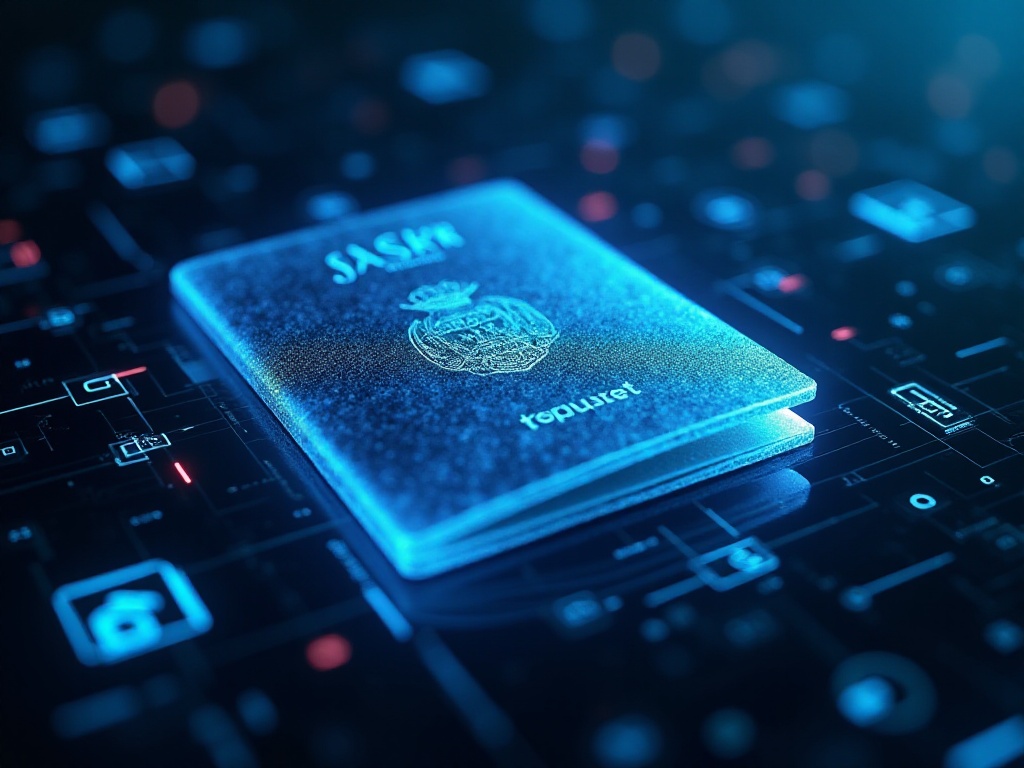How a Major Acquisition is Reshaping the Web3 Identity Landscape
Picture this: You're logging into your favorite Web3 platform, but instead of sharing your personal details, you simply present a digital "stamp" that proves you're human - no sensitive data required. This isn't just a privacy enthusiast's dream anymore - it's becoming reality, thanks to a game-changing acquisition in the digital identity space.
The Big Move: A $10M Identity Revolution
In a bold end-of-2024 move that's got the whole crypto community talking, the Holonym Foundation just dropped $10 million to acquire Gitcoin Passport. If you're wondering why this matters, think of it as two puzzle pieces finally clicking together in the complex world of Web3 identity verification.

More Than Just a Name Change
The acquisition comes with an interesting twist - Gitcoin Passport is being rebranded as "Human Passport." But this isn't just your typical corporate rebrand. The new name reflects something much deeper: a fundamental shift in how we think about proving our identity online.
"Human Passport represents what we've always strived for - a way to prove you're human without sacrificing who you are," the project seems to say through this thoughtful rebranding.

How it Actually Works
Think of Human Passport as your digital collection of trust badges. Need to prove you're a real person? Just show your "stamps" - these are like digital certificates you collect from trusted sources across both Web2 and Web3:
- Got a Google account? That's a stamp.
- Active on other blockchain platforms? That's another stamp.
- Verified through Holonym's zero-knowledge systems? You guessed it - another stamp in your passport.
The beauty of this system lies in its simplicity: you can prove your humanity without revealing your personal information. It's like showing your ID at a club, but instead of revealing your name and address, you're just proving you're old enough to enter.

Looking Ahead: The Future of Digital Identity
This acquisition isn't just about combining two companies - it's about building a future where privacy and identity verification can coexist. By bringing together Holonym's zero-knowledge expertise with Passport's verification infrastructure, we're looking at a system that could fundamentally change how we interact online.
The message is clear: the future of digital identity isn't about collecting more data - it's about proving who we are while protecting who we are. And with this $10 million move, that future just got a whole lot closer.









